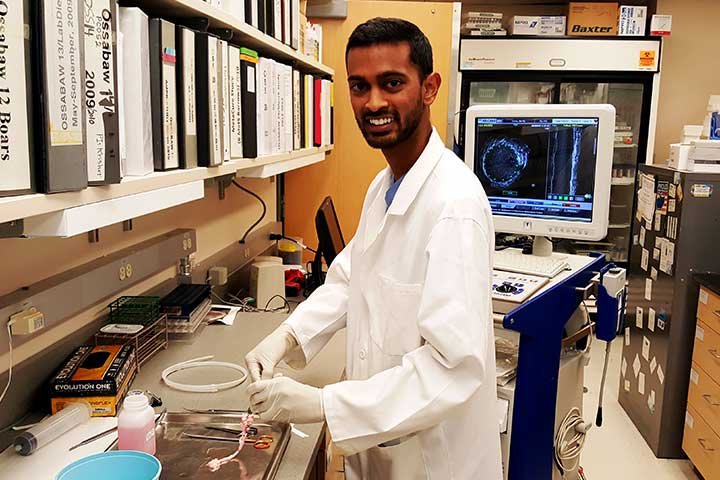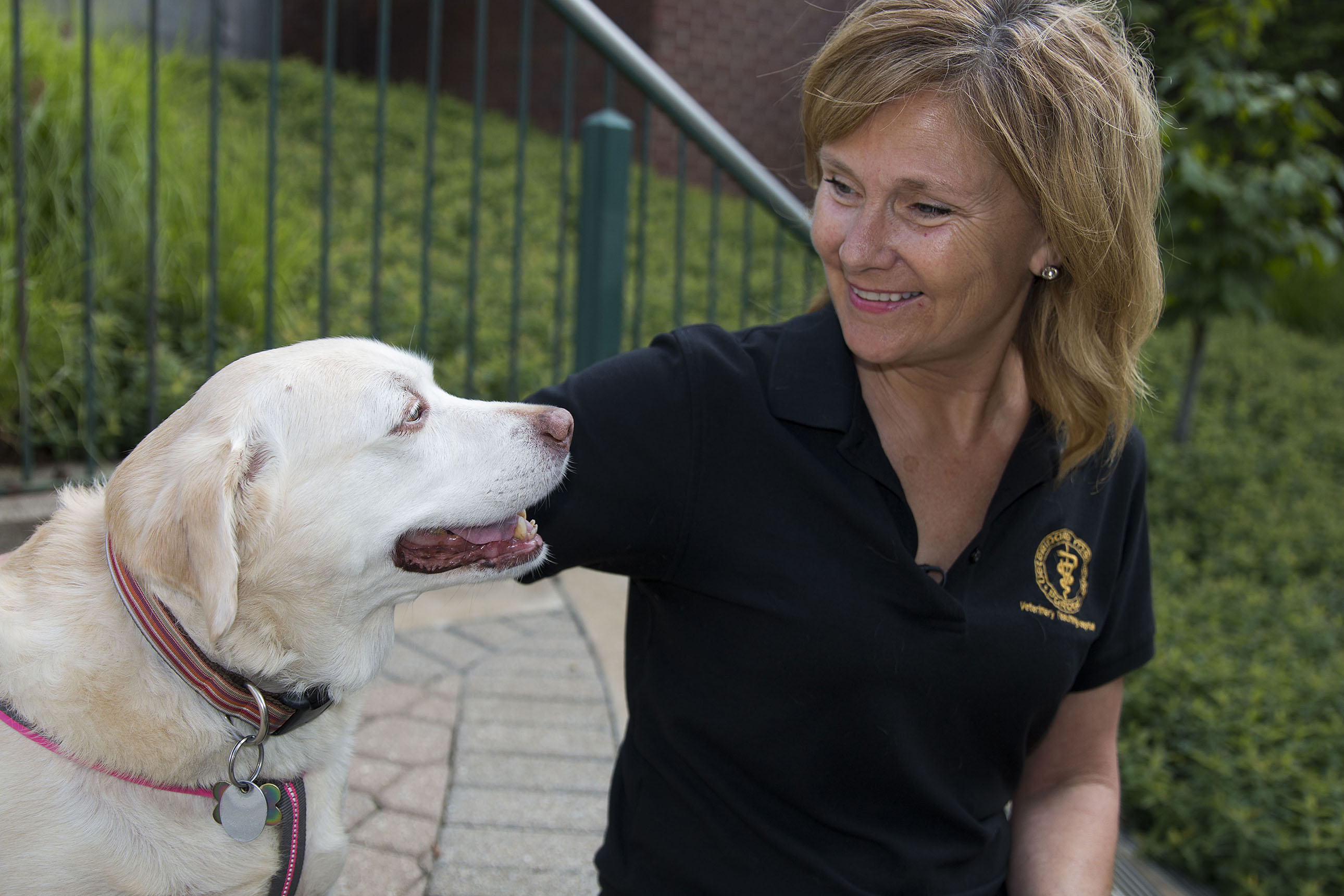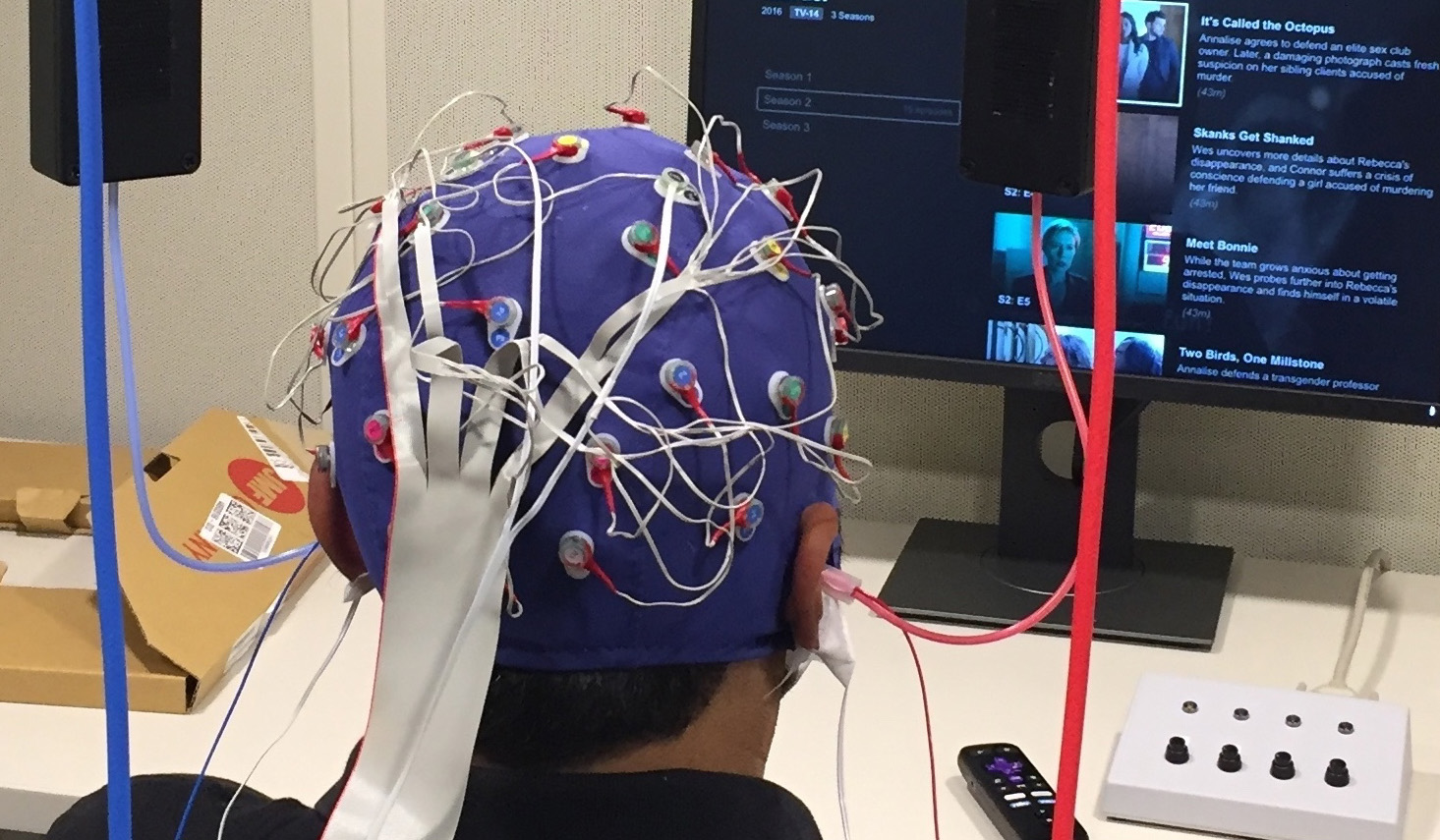NIH funds three T32 training programs
The programs leverage the combined strength and excellence of two nationally top-ranked schools with state-of-the-art facilities and resources, multidisciplinary centers, and institutes focused on global health and impact. The five-year grants enable the schools to expand their educational and research alliances in three elite training programs: Medical Scientist Training Program, Bioengineering Interdisciplinary Training in Diabetes Research, and the new Interdisciplinary Training Program in Auditory Neuroscience.

Medical Scientist Training Program
A joint venture of Indiana University School of Medicine (IUSM) and Weldon School of Biomedical Engineering at Purdue, the Medical Scientist Training Program is a combined degree program (MD and PhD BME) that integrates innovative biomedical engineering research with exceptional clinical medical training. A highly selective program, the Medical Scientist Training Program provides strong mentorship, an incredible breadth of research opportunities and a unique curriculum to help learners gain insights for the translation of innovative medical research. From research into the molecular pathogenesis of disease to the physics of advanced medical imaging, the goal of this training program is developing novel therapies through strong clinical acumen and expertise in engineering and the basic sciences.
“The abundance of strong clinical and life science faculty at IU School of Medicine and the diverse engineering faculty at Purdue University has provided an unmatched training environment,” said MD-PhD candidate Ayeeshik Kole. “I have been able to identify expert mentors with different research backgrounds, which I have found essential for my current physician-engineer training and research project. Furthermore, the close proximity between both campuses has further fostered easy collaboration.”
Bioengineering Interdisciplinary Training for Diabetes Research
The Bioengineering Interdisciplinary Training for Diabetes Research (BTDR) program is a training program that advances the prevention and treatment of diabetes through innovative devices, therapeutics, and technologies as well as a cadre of future scientists who can translate research to clinical care. The program is a joint venture of the Weldon School of Biomedical Engineering and College of Veterinary Medicine at Purdue and IUSM. The program provides cross-disciplinary, integrated research training to develop pre-doctoral students into bioengineers capable of leading integrative and team-based approaches to address needs and problems associated with diabetes and metabolic diseases.

Clarissa Hernandez Stephens, a PhD candidate in Purdue’s Weldon School of Biomedical Engineering and a BTDR fellowship recipient, is part of a multi-institute team working on a new therapy for Type 1 diabetes. The team’s pre-clinical animal study found the first minimally invasive therapy to successfully reverse Type 1 diabetes within 24 hours and maintain insulin independence for at least 90 days. Stephens was first author on the publication about the study: “We’re so excited to move forward with dogs and humans because of the preclinical animal testing that we saw an almost immediate lowering of blood glucose and maintenance of blood glucose for a prolonged period of time.”
Interdisciplinary Training Program in Auditory Neuroscience
This year, the National Institute on Deafness and Other Communication Disorders (NIDCD) awarded a grant to Purdue through the NIH’s flagship training program, the Ruth L. Kirschstein National Research Service Award Institutional Research Training Grant. The grant funded the Interdisciplinary Training Program in Auditory Neuroscience (TPAN) at the intersection of auditory neuroscience and innovative technologies, such as neuroimaging, stimulation devices, electrophysiology and mathematical modeling. The program is preparing students for independent research that advances understanding of auditory system function and develops solutions, devices, and strategies to assist and prevent hearing loss in human patients.
Difficulty understanding speech in background noise is the most common hearing complaint. Vibha Viswanthan, a Weldon School PhD student affiliated with TPAN, recently received a three-year Research Fellowship Award (F-31) from the NIDCD. The focus of her study is to systematically track the representation of noisy speech from the inner ear to the brain, and determine how this internal representation relates to speech intelligibility in individual human listeners. Ultimately, this work will aid the development of hearing aids, cochlear implants and aural rehabilitation strategies.

These three training programs will increase research and educational synergies between faculty, students, and clinicians on the Purdue and IUSM campuses and industry partners in Indiana and around the world.
